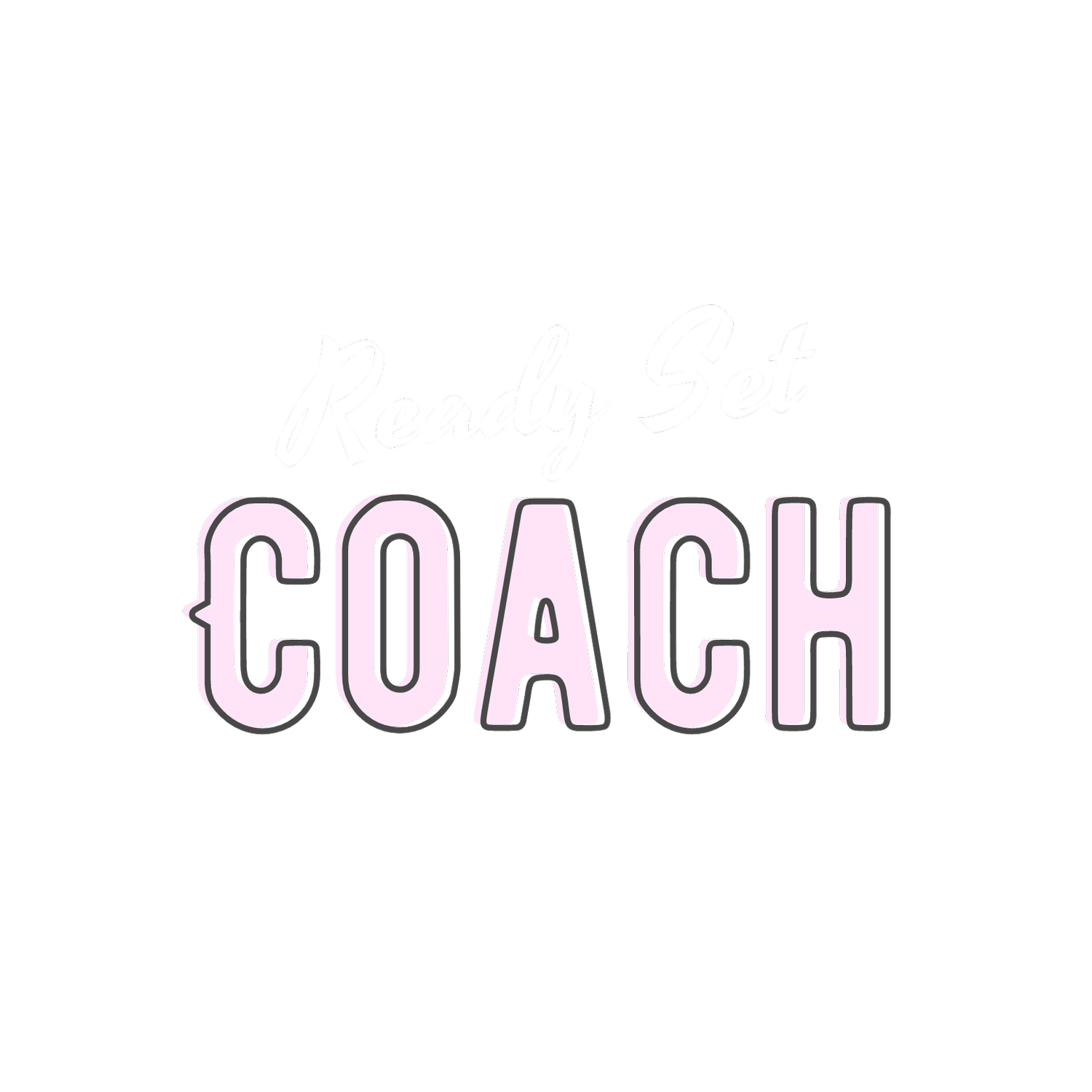How to Pick the Best Online Coaching Business Model for You
If you're thinking about starting an online coaching business, here are tips to help you choose the best online coaching business model.
So, you want to start an online coaching business.
You're not alone—the coaching world is booming, and it's easy to see why. Coaching gives people the support they need to make changes in their professional and personal lives, and that's an incredibly powerful thing. But before you get started on launching your own online coaching business, you will have a lot of decisions to make. From what type of coaching you offer, to how you price your services, to how you market yourself—there are a lot of factors that go into ensuring your business is successful.
One of the most important decisions you can make is your type of online coaching business model. Establishing a well-defined coaching business model from the get-go will help you clarify your outward messaging, attract ideal clients, and ultimately give you a framework to reach your revenue goals. While there are many different options on the market, there are a few different types of online coaching business models that work especially well for coaches. In this blog, we will discuss the types of coaching business models you can generate a revenue stream from and what you should consider before making your final decision.
1. Consider if you’re actually ready to be a coach.
You need to consider if you are actually ready to be a coach before starting a coaching business. When you think about it, there is so much more to being a coach than just having the skills to help someone solve a specific problem. You need to be able to actively listen, empathize and relate to your clients, and challenge them when necessary. You also need to have the ability and willingness to ask thought-provoking - sometimes challenging - questions, and be able to guide them objectively. To learn all the hats you wear as a coach, listen to our podcast here (we highly suggest giving it a listen if you’re on the fence about coaching.)
So before diving head first into the world of coaching—or any entrepreneurial endeavor—you need to make sure that the work itself - coaching - is something that really speaks to who you are, what you want to take on in your career, and whether or not it aligns with the lifestyle you want to live. If you don't feel like coaching is the right fit for you, then it's important that you don't force it. There are so many ways that a person can add an additional revenue stream to their life, so if this isn't something that resonates with your values and purpose (which is completely okay), then it's worth exploring other options.
2. Establish your goals.
Before you start an online coaching business, it's important to know exactly what your goals are. Some people start coaching because they want to help other people, while others do it because they're looking for a way to make some extra money – it could also be both. Either way, having a clear idea of what success looks like for you will help you define exactly what you need from your coaching business and how to get there.
Some questions to ask yourself:
How much time can you dedicate to running your coaching business?
When can you carve out time to coach your clients?
How much money do you want or need to make from an online coaching business?
How many people do you want to serve or impact in a given period of time?
Once you have the answers to these questions, you can more easily outline specific goals and choose what type of online coaching business is most aligned with such.
3. Brainstorm what is needed to deliver a client transformation.
Once you understand your business goals, it’s also important to identify what type of container and resources will be needed to provide your clients with their desired transformation. For example, if you’re interested in working with creatives who feel stuck and are seeking career clarity, you will need to begin to outline the tools, lessons, and coaching needed to help them reach that goal. Is this a transformation that can be provided over one 60-minute coaching call? Would a group format be best? Trust your expertise, and get clear on what type of experience will best support them.
Some questions to ask yourself:
What will a client need to learn in order to achieve their desired transformation?
What additional tools and support are needed?
How long do they need support, and furthermore, how much time do you want to dedicate to working with them?
Once you have brainstormed the answers to these questions, and those in step two, you are finally ready to determine the type of coaching business model that best suits you.
3 different types of online coaching business models
These are some of the most common types of online coaching business models that you may want to consider:
Mastermind: A mastermind is a group - led by a coach or facilitator - who meet regularly to share information, support each other's businesses, and workshop each other’s challenges as they arise. Masterminds provide a great opportunity for network building, career advancement, and learning from others in the industry.
Group Coaching: In a group coaching model, a coach leads a group of individuals toward a specific goal or desired outcome. It’s typical for a group coaching program to integrate a lesson plan and shared learning tools or resources for the group at large.
One-On-One Coaching: One-on-one sessions allow you to tailor your coaching according to what each client needs because you’re working with them outside of a group setting. It can involve a curriculum – or not – but the main difference is that the coaching takes place in private between a coach and one client.
Each of these business models has its pros and cons. Our advice is to choose a business model that best suits your personality and your goals. If you're not sure which one that is, we advise starting with one-on-one coaching as it's typically easier to sell without having an existing network or community, it’s more flexible, and it often inspires ideas that can be transformed into a larger group format.
BONUS: You can combine forces and create a hybrid coaching program.
While there are certainly different paths to a successful coaching business, in the end, you will have to decide what is right for you and your clients. If that means integrating a group coaching program with some one-on-one support, for example - then a hybrid model might be the right choice for you. Ultimately - the choice is yours. Allow yourself space to experiment and evolve accordingly as you continue to grow your coaching business.
Listen to the Ready Set Coach podcast for more in-depth insight on choosing the right business model for your coaching business from Ready Set Coach Co-founders Emily Merrell and Lexie Smith.





